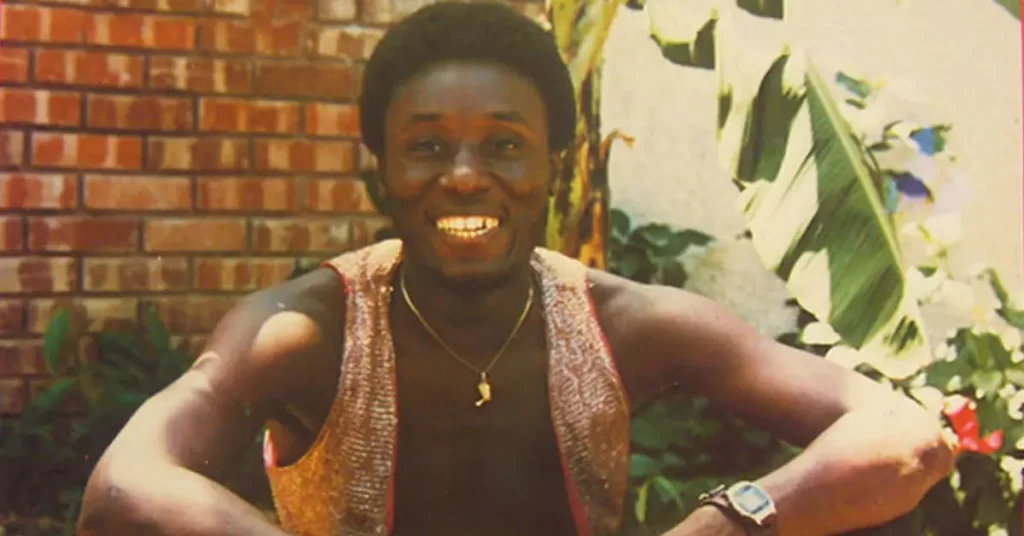This month marks the 31st anniversary of the passing of Antoine Rossini Jean Baptiste, born Emmanuel Jean-Baptiste, better known as Ti Manno. He died on May 13, 1985, in Queens, NY, and was buried at Calvary Cemetery in Queens.
In the first week of April 1985, after a long hiatus from the Haitian music industry, rumors spread like wildfire in New York City that Ti Manno had died. During that hectic week, many radio stations and newspapers ran with the story until Ti Manno himself made an emotional phone call to a New York radio station a few weeks later, announcing that he was alive but not doing well. Speculations about his ailing health ranged from poisoning and liver disease to a voodoo spell or AIDS.
Following his call, the media, artists, and fans launched a campaign called “Operasyon Men Kontre,” named after one of Ti Manno’s most popular songs promoting Haitian unity. The campaign aimed to unite Haitians to help the ailing artist and raised over $15,000 intended for Ti Manno’s hospital care. Unfortunately, he never left his hospital bed and died a couple of weeks later.
On May 18, 1985, shortly after his death, thousands gathered at the Eastern Parkway funeral hall in New York City for his viewing. Many artists, family members, media personalities, and fans attended his funeral, conducted by his brother, who was a priest, to pay their respects.
Best known as a member of D.P. Express, Ti Manno brought such hits as “David,” a song named after the hurricane that devastated Haiti in 1979, causing many deaths and homelessness. After gaining popularity and success with D.P. Express, Ti Manno went on to form his own band, Gemini All Stars. He was a visionary figure in Haitian music, addressing issues in his lyrics that were ahead of his time and remain relevant today. His songs touched on the lack of unity among Haitians, immigration issues, and the AIDS epidemic. He urged Haitians to unite and stop betraying each other.
In his song “Nan Danje,” Ti Manno highlighted the dangers Haitians faced in foreign countries and encouraged them to stay in Haiti to help rebuild the nation. When the U.S. Centers for Disease Control (CDC) announced that Haitians were part of the 4Hs (Homosexuals, Heroin addicts, Hemophiliacs, and Haitians) most likely to have HIV, Ti Manno was the first artist to address the issue in his song “SIDA.” Ironically, in 1985, the same year he died, Haitians were removed from the CDC list following many protests.
Today, Ti Manno is considered a musical prophet, known for his exceptional powers of expression. Although some of his visions were short-lived, his legacy lives on.
OpaMizik.com (C)copyright
